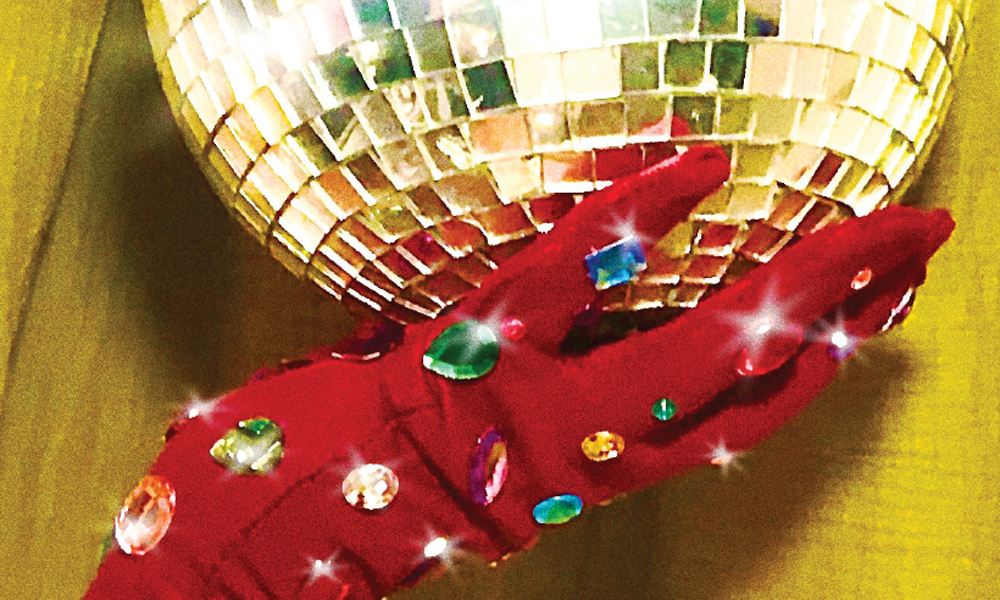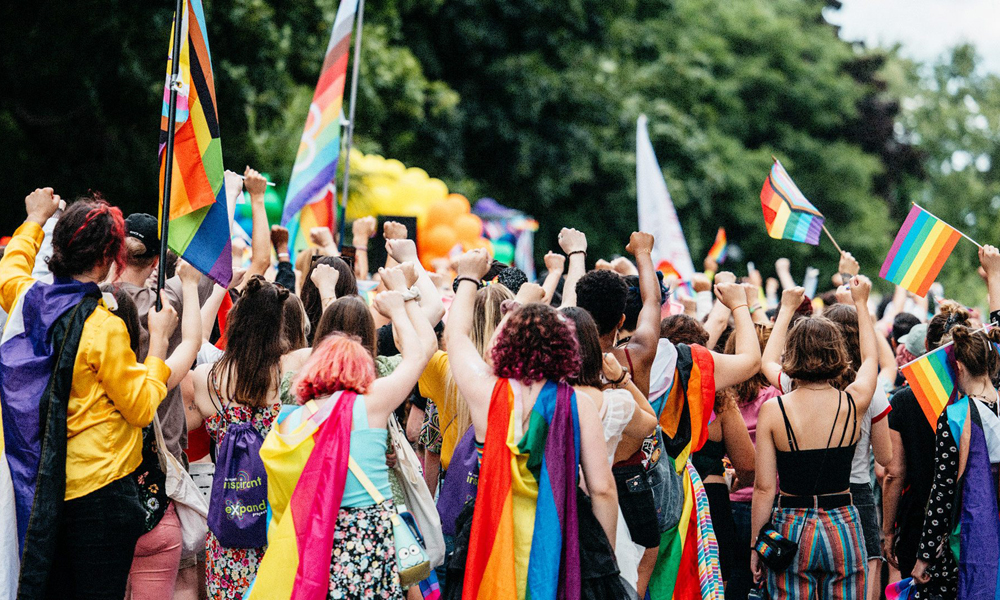Coming out of the closet is a process that never ends – and it has to come at a time of your own choosing…
By Luis Augusto Nobre
I don’t know about you, but it’s been a while since I realized that I would never stop coming out of the closet. And, yes, this probably won’t be the first or last time that you will read about it. Coming out of the closet is an ongoing process, and it could be a good or bad experience depending on where and when you need to say “I’m gay.” By the way, the word “gay” here encompasses all the letters in the acronym that represents all 2SLGBTQIA+ community members. For all of us, the coming out journey will be different and personal, and with potential traumas and risks. I wish it could be as simple as the “coming out” process for straight or heterosexual people.
The idea of sharing these words with you in this magazine came during an interview for a podcast a few months ago. The conversation was recorded before Coming Out Day, usually celebrated in Canada and the US in October; however, you should keep in mind that being gay is still illegal in more than 70 countries (in some countries, it means the death penalty or life in prison). Answering those questions about my own process, self-acceptance and family support just put several spotlights on my lived experiences. I had to revisit both my good and bad memories, but they also reminded me of who I am now, and what kind of world I want to live in.
Maybe you, like me, are struggling with your own issues about your life, career, relationships, family, raising children.… And we know how challenging it is just to be us in the privacy of our homes. We have witnessed how society and the job market are changing, but being openly gay can still activate barriers and stunt our professional development. Even if we don’t witness this with our own eyes, a few studies are in progress that show these obstacles. I have been there a couple of times myself, hitting those walls and losing employment opportunities. These barriers don’t come only from the professional side: they also impact different aspects of our lives (housing, health, civic rights, etc.).
Many of us choose what we feel is the right time to disclose some aspects of our own identity, and choose whom we will tell (when we feel safe in the workplace or whatever environment we are in). If it takes time for someone to take that step, it doesn’t necessarily mean the person is pretending to be someone else or denying themselves. It could be self-protection, as we have to be in alert mode all the time for the sake of our own integrity. If not, we could be putting ourselves in danger, experiencing 2SLGTQIAphobia and violence. The most recent data about transphobia shows a seven per cent increase in reported murders around the world in 2021 compared to 2020.
The fear of becoming the next victim is constant, and a simple visit to the dentist could be a trigger. The “elevator conversation” we have about our personal life while the dentist is working away can be more uncomfortable than the noise from the drill. People generally want to talk and to know more about us, but they just assume who we are based on some answers and words sandwiched in between “close a bit, open more, turn to the left, spit.…” Also, not using gender-neutral language is pretty common, as are questions raising gender identity or sexual orientation issues. Our answers could change the treatment we receive, and lead us into a more vulnerable situation. I for one have seen many surprised faces when I share some aspects of my identity.
As I mentioned, people just assume. You might have experienced that in different places and with different people, but the feelings are probably similar. The vulnerability is there! I always have the impression that I’m playing Sea Battle but with life-threatening consequences. I tend to over-analyze words and movements as if I could send a missile towards my own fleet. I struggle with that when I come out through my words or actions: holding my husband’s hand, wearing any rainbow accessory, talking about work, anything.
Being gay is part of my identity and has the same importance as my other characteristics, so much so that I destroyed my closet, figuratively speaking. I simply didn’t have space for it in my life anymore. However, I still may need to wear an invisibility cloak now and then, to hide myself when I don’t feel safe. I feel ashamed when I have to wear it, but I am aware of the importance of being a wallflower when necessary. It’s the choice between what is right and what is easy. Being in survival mode myself, I cannot imagine how hard it is for other folks.
Those experiences helped me to learn that everyone has to choose their own time to share about themselves, even with people from the same letters, groups or communities. I stopped assuming people’s identities a while ago. Until they feel comfortable coming to me, I just read the room, try to mirror their language, use neutral language, and avoid some topics to put them in the spotlight. Although my strategy creates space, maybe it doesn’t create time and opportunity. Who knows when it will happen, but I will continue supporting that person to feel proud of who they are and to take the next steps in their life.
Maybe my attitudes are inspired by an essay that I had the pleasure to read a few years ago about a mother sharing her experience with her 10-year old son. During dinner, he asked to talk to her and shared that he was a straight boy. He had learned in school that some other kids were coming out to their parents, and he felt the need to do the same with his sexuality and tell his mother. She wrote about her surprised reaction, how challenging it is for children to be in a trusted environment to come out to their parents regardless of their own sexuality, and how parents lack knowledge in dealing with their children in those situations.
I wish I’d had that conversation earlier in my life. Certainly, I would be a different person and would be walking a different yellow brick road to find a “place” to call home. We are the owners of our journeys to be comfortable in our own skins. In the same way that I learned I will continue coming out, I’ve also learned that there is still time to pursue happiness. It doesn’t matter if you come out late in life or not, because there aren’t rules for that. Say it when you feel ready, when you feel safe, when you feel loved or in love. Say it to yourself as many times as you need it. It might not be easy, but know that you deserve to live a happy and authentic life.
—
LUIS AUGUSTO NOBRE is the marketing and communications coordinator of Pride at Work Canada/Fierté au travail Canada, a leading national non-profit organization that promotes workplace inclusion on the grounds of gender expression, gender identity and sexual orientation. For more information, visit prideatwork.ca.

The Endless Coming Out
Related Articles
Canvas Cabaret: A 10 Year Celebration Fundraiser Hosted By Canvas Programs
The Canvas Cabaret fundraising event in Toronto will be held on Thursday, September 26 and will toast a decade of 2SLGBTQ+ inclusion and consent education
Everything You Need To Know About Montréal’s 2024 Pride Parade
Date, time, route! Here’s how to join the crowds on Sunday, August 11, for Fierté Montréal Festival’s annual Pride Parade
Outsports Unveils Team LGBTQ With Over 144 Out Athletes Headed To The Paris Summer Games
The 2024 Summer Olympics will take place in France from July 26 to August 11, 2024, with some competitions starting on July 24






POST A COMMENT